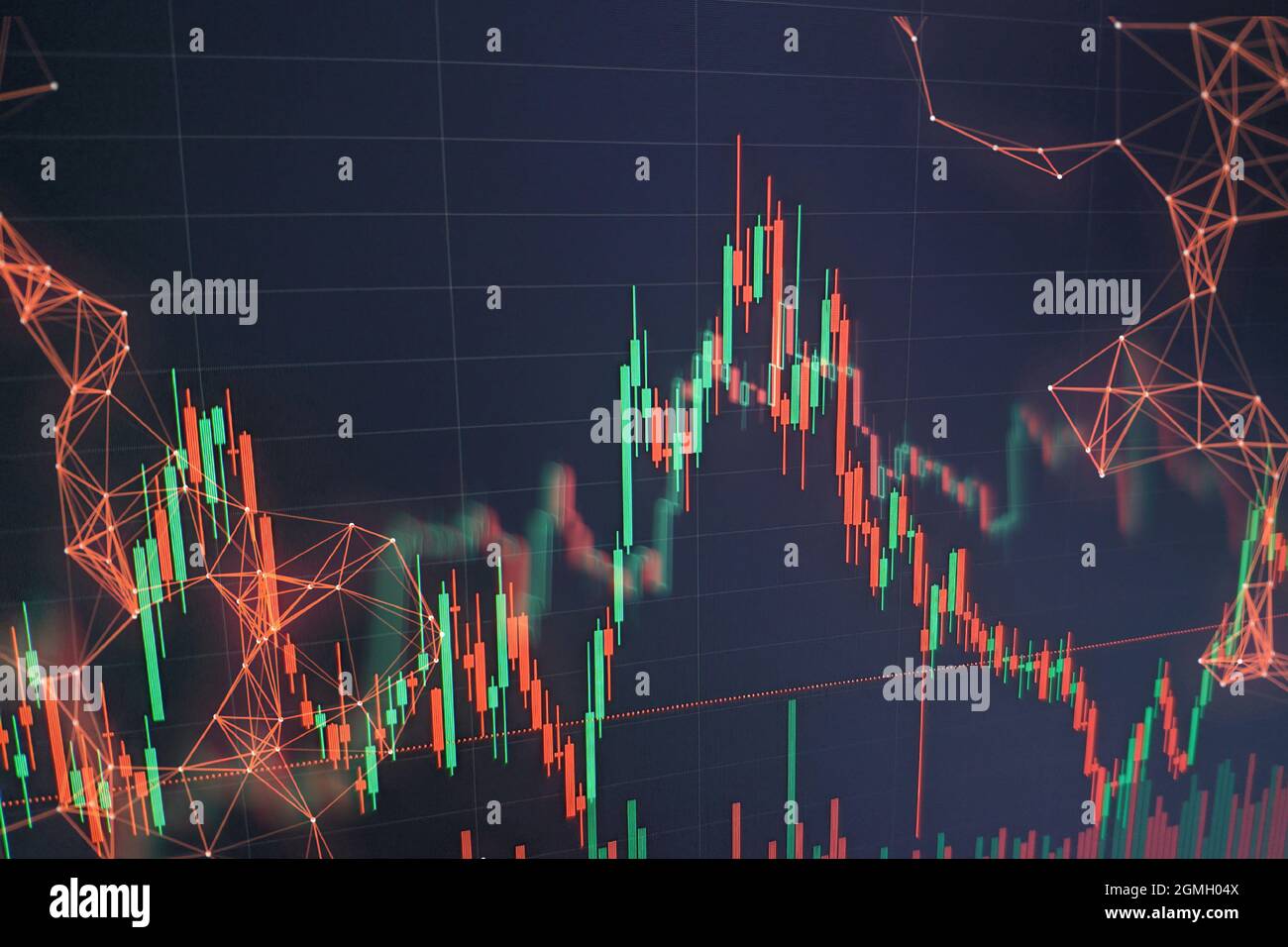
Friday turned out to be a good day to prove the notion that when Nvidia sneezes the whole market catches a cold. U.S. stocks closed a mixed session on Friday, with the Dow managing a slight gain while the S&P 500 and Nasdaq Composite fell about 0.2% each. Artificial intelligence chip star Nvidia continued to feel the weight of high expectations. The stock fell more than 3% for its second straight session, closing Friday with a two-day loss of nearly 7% after briefly topping Microsoft as the world's most valuable public company earlier in the week.
Not all mega cap techs fared poorly; Amazon and Google-parent Alphabet rose more than 1% each. But Apple slipped near the close, ending the day down 1% after the company announced that it will likely not release its Apple Intelligence feature in the European Union this fall, due to that market's stringent tech regulations. But the weight of the AI trade was even more evident. Nvidia, Broadcom, Micron and Hewlett Packard Enterprise were four of the top seven decliners on the S&P 500 for the day. Nvidia's outsized weight on the S&P is a growing problem for the market at large, Streetwise columnist James Mackintosh wrote Friday.
For the bifurcated trading week, the Dow picked up 1.5% while the S&P 500 edged up 0.6% and the Nasdaq Composite ended flat. Here’s what else Heard on the Street was watching: Live Markets Snapshot Crude oil, Bitcoin USD and gold continuous contract data refresh every time you open this email. Other data are as of market close. MEMBER MESSAGE: Mansion Global Boutique Summer Staycation Must-Haves. Keep the kids—and kids at heart—entertained all season long with our summer break survival kit.
.jpg)
Knockoffs No Longer: Store Brands Get Fancy in a Private-Label Revolution By Jinjoo Lee. Store-brand products have long been uninspiring—cheaper knockoffs of well-known brands with names like “Toaster Treats” in place of Pop-Tarts or “Honey Nut O’s” cereal in place of Honey Nut Cheerios. That is quickly changing, though. Store brands yield better margins for retailers and can deepen loyalty: Consumers love Trader Joe’s, Aldi’s and Costco’s Kirkland products so much that they have devoted fan accounts on social media. Grocers that almost exclusively sell their own store brands, such as Aldi and Trader Joe’s, have been grabbing market share that legacy supermarkets like Kroger are losing, according to data from Numerator.
The Wall Street Journal’s Evan Gershkovich is being wrongfully detained in Russia after he was arrested while on a reporting trip and accused of spying—a charge the Journal and the U.S. government vehemently deny. Follow the latest coverage, sign up for an email alert, and learn how you can use social media to support Evan. If You Can’t Beat High Mortgage Rates, Consider Joining Them By Telis Demos. High mortgage rates got you down? You could take the other side of the trade, by investing in mortgage bonds. Mortgage bonds, which pay a yield from pools of individual mortgages, tend to be the province of sophisticated investors. Bonds backed by mortgages guaranteed by government-sponsored enterprises such as Fannie Mae or Freddie Mac—known as agency mortgage-backed securities, or agency MBS—are shielded from the credit risk of nonpayment, but they do have a lot of other complexities.
Nvidia’s success is the entire stock market’s problem, James Mackintosh writes. Enjoying this newsletter? Get more from WSJ and support our journalism by subscribing today with this special offer. Today's Markets News: Sarepta Soars on FDA Decision for Muscular Dystrophy Treatment, American Airlines Hits Pause on Pilot Hiring, Home Sales Fell Less Than Expected in May, Saudi Arabia Loads Up on Debt Amid Growing Megaproject Bills, Crypto’s Political War Chest Tops $100 Million. What's Coming Up: Next week will feature quarterly results from a small handful of S&P 500 companies, including Nike, General Mills and Micron. FedEx and Carnival will kick off earnings for the week on Tuesday.
Comments
Post a Comment